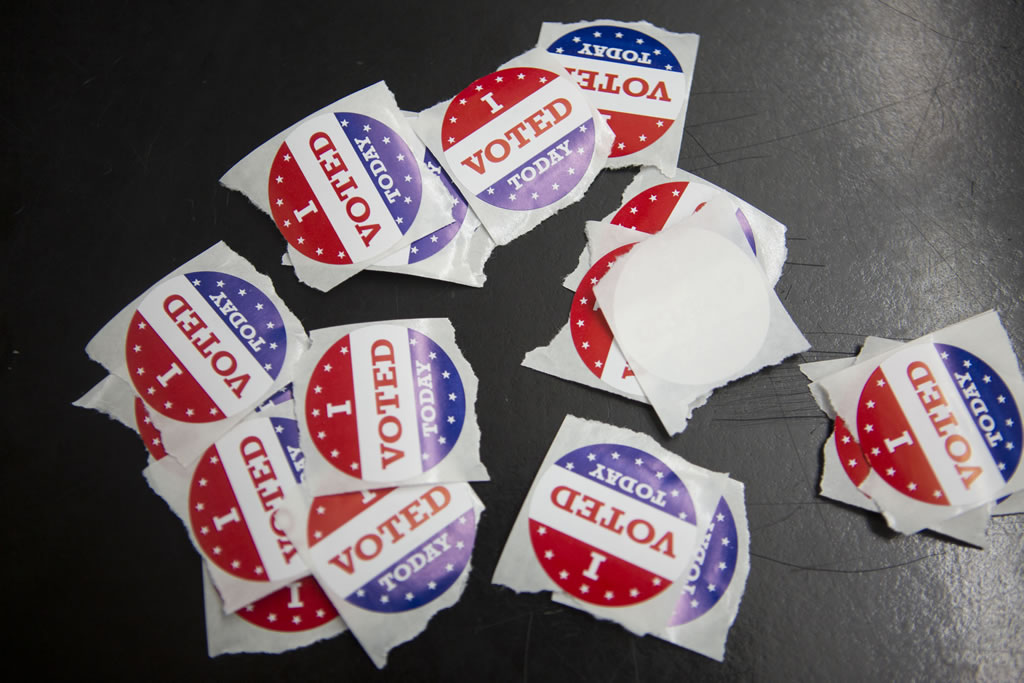Wisconsin would overhaul its policies for absentee ballots, indefinitely confined voters and the use of drop boxes under bills that cleared the state Senate today.
The Senate also voted to ban the use of private money to cover the costs of an election.
Many of the provisions in the four bills that cleared the Senate stem from the issues former President Trump raised as he unsuccessfully sought to ...
Please log in to access subscriber content.
If you don't have a subscription, please contact schmies@wispolitics.com for subscription options on the WisPolitics-State Affairs platform, which is the new home for WisPolitics subscriber products.


